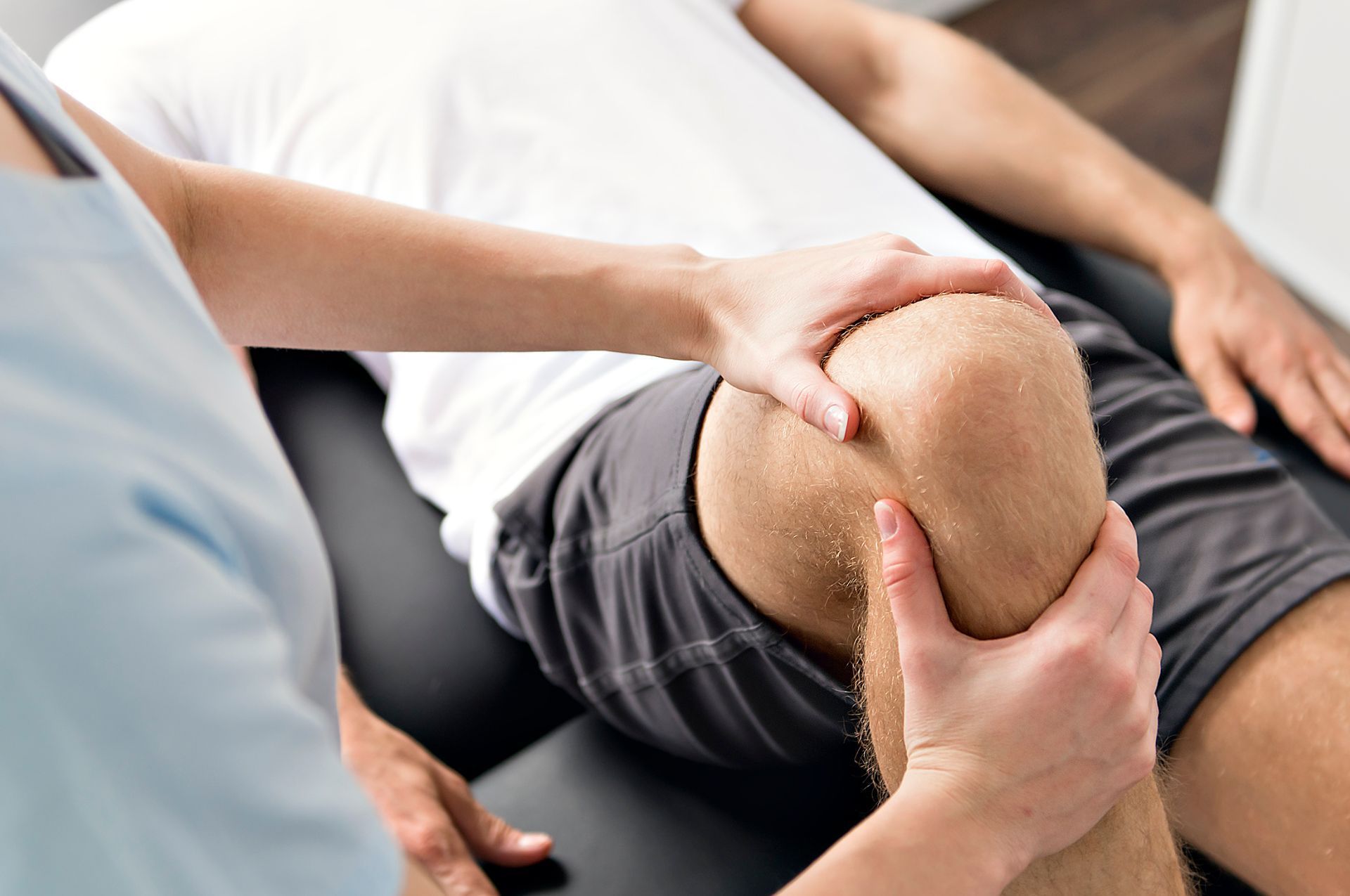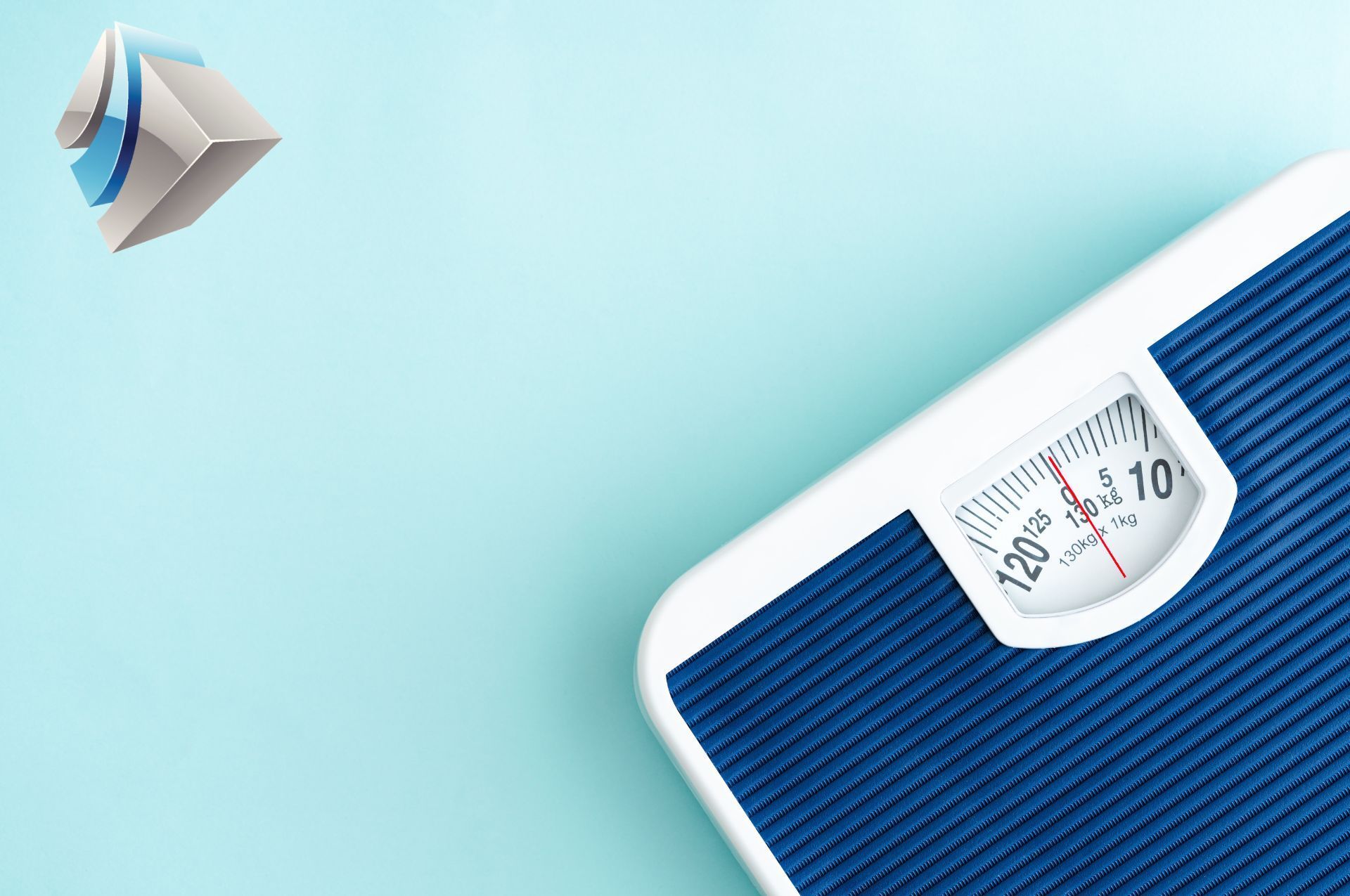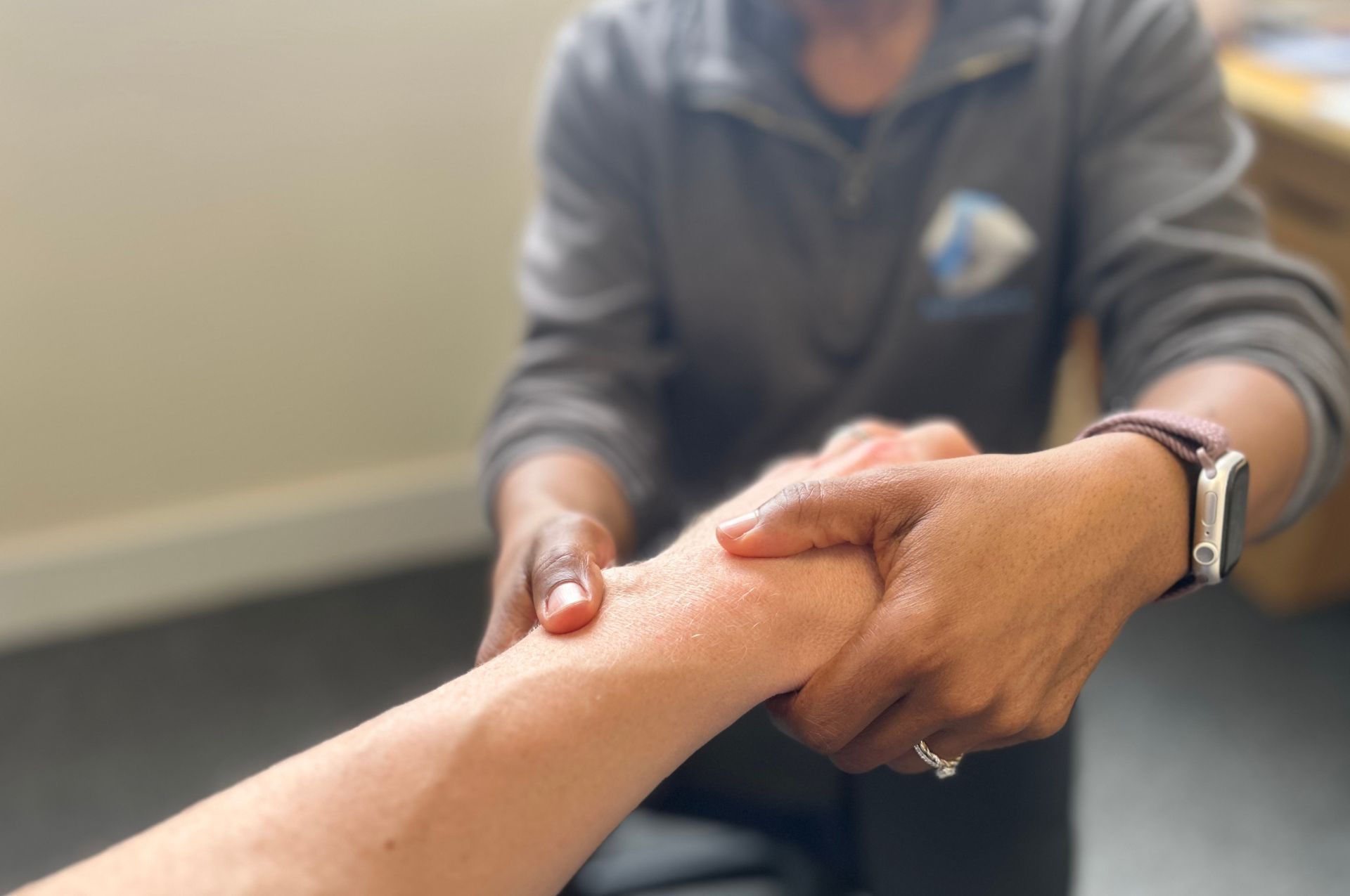Simple Changes Which You Can Make
Patrick Campbell • 10 July 2021
Getting regular exercise is great for ensuring good physical health. However, even with low impact exercises, there is still the potential for injury. Injuries can hamper efforts to remain physically fit as they can mean having to stop workouts for a while. Some can also be severe enough to interfere with simple day to day tasks like driving and even walking. Not to mention that sports injuries can be quite painful.
Some of the most common sports injuries include ankle sprains, groin pulls, shin splints, hamstring strain, and knee injuries. Many of these injuries are a result of people overexerting themselves. Their physical condition cannot adequately meet the needs of the activity. Fortunately, many injuries are avoidable by taking certain simple measures to protect yourself, whether you are a beginner or pro athlete.
Warm-Up & Cool Down
When you gently warm-up before a workout, it helps to promote blood flow to the muscles, making a person more flexible and mobile. Starting rigorous exercise when your muscles are stiff and cold increases the risk of tears and other injuries. A warm-up should be an activity that is high repetitious but low intensity. Activities like brisk walking, jogging, cycling, swimming and weight training can be used as warmups. Just 5-10 minutes of such activity can warm up all your major muscle groups and prime your body for a more intense routine.
Cooling down is also important to ensure your heart rate and body temperature return back to normal gradually. For this, you simply need to slow down the intensity of your workout during the last 5-10 minutes of your session.
Wear Appropriate Gear
Different sporting activities have different requirements when it comes to protective equipment. Some of the common safety gear athletes use include the right footwear, helmets, goggles, shin and knee pads. Always wear the right footwear as different activities take place on different terrain. Wearing the wrong shoes can cause you to lose grip and balance.
Ensure that the safety gear you wear fits correctly. This will allow you to be comfortable and focus better on your actions. Also, ensure that it is the appropriate design for the activity. For instance, football and lacrosse boots are differently designed to accommodate the varied movements of players.
Learn Proper Technique
Weight training injuries are often a result of poor form. It is important to learn how to comport yourself when pushing weight to avoid hurting yourself, and potentially others. It is very easy to overextend, rip or wrench a muscle, ligament or other tissue with the wrong technique. It can even lead to broken bones.
As a beginner, it is advisable to learn the basics from an expert. Visit your local gym and engage an instructor to learn the right form. You can even use just a mirror and fitness videos to accomplish the same. An instructor is however in a better position to observe and advise you better on this and other safety tips as you learn how to use new equipment.
Cross Train
Variation in routine will be a big help in ensuring all your muscle groups are getting a good workout. Different activities target different body parts and muscles. As you switch from one activity to another you challenge different parts while giving a break to others. This allows for better recovery and strengthening that will reduce the risk of injury.
It can also help to prevent boredom. Having the same routine can easily cause a person to lose interest and once you stop exercising you lose the fitness level that was making you healthier. Diversifying your routine can also help to boost metabolism, which is particularly helpful for those that have weight loss goals.
Eat and Drink Right
Your diet plays a key role in supporting fitness. Carbohydrates provide you with the energy you need to power your workouts. Proteins are vital for repairing muscles that break down during exercise. Different nutrients help promote these repairs and impact immunity. Hydration also aids in regulating body temperature, lubricating joints, and transport nutrients.
If exercising in the morning, aim to finish breakfast at least an hour before your workout. Avoid large meals unless you are working out 3-4 hours afterwards. Only snack during particularly long workouts. In such situations, keep it simple and healthy, like fruit, yoghurt, or energy bar. A meal that contains both carbohydrates and protein after a workout will help muscles to recover and replenish lost glycogen stores.
Hydration is key before, during, and after a workout. Water is best. Aim for at least 2-3 cups at least two hours before your workout, up to a cup for every 15-20 minutes of exercise, and another 2-3 cups after your workout for every pound lost during the workout. The longer your workout lasts, the more electrolytes that will need to be replenished. Sports drinks are great for restoring electrolytes and boosting energy.
Do Stretch
This is different from warming up and should be done before and after weight training. Stretching helps to promote relaxation and elongation of muscles. The more limber your muscles are, the less likely they are to suffer injuries like tears. Be encouraged to stretch even between sets as this improves elasticity and range of motion. Stretching at the end of your workout can also help reduce the problem of soreness the day after.
Stretch after your warm-up. Doing so when your muscles are cold can cause injury. Dynamic stretches that involve active movement should be done before exercise to help get muscles ready for movement. Try to hold static stretches for about 15-30 seconds at a time. These are best done at the end of your workout. Avoid any bouncy or jerking movement.

Imagine this: you’ve tweaked your back lifting something awkward, your GP suggests physio — and you remember you’ve got private health insurance with Bupa or AXA. But then you check online and… your local provider in Faringdon isn’t showing up. Frustrating, right? The good news is: Kube Medical in Faringdon is registered and ready to accept Bupa and AXA patients — even if we’re not currently showing on Bupa’s location finder. Let’s clear up the confusion and walk you through what to do next.

Faringdon, Oxfordshire – 30th June 2025 – Kube Medical, a leading provider of integrated musculoskeletal care, is proud to announce the opening of its second clinic at Wicklesham Lodge Farm in Faringdon on 1st July 2025. Known for its collaborative and patient-first approach, Kube Medical brings its award-winning services to Faringdon and the surrounding rural communities.

Like many businesses in healthcare, we sometimes receive feedback that is difficult to read — not because it challenges us, but because it doesn’t reflect the care and intention with which our team works every day. Recently, a negative review was shared online that has been mentioned by both current and prospective patients. While we always value constructive feedback and use it to review our processes, I wanted to take a moment — from my perspective as a non-clinical Director — to clarify how we work, and the values that guide our decisions when it comes to patient care.








